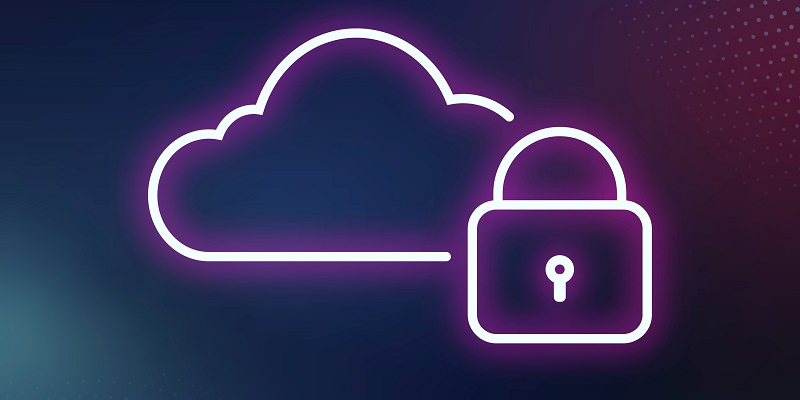In an ever-evolving digital landscape where security threats loom, cloud-based access control technology emerges as a game-changer, offering businesses a robust solution to address their pressing security concerns. By leveraging cloud-based security management platforms, companies gain the ability to configure, manage, and monitor their access control systems remotely, using any secure smart device. This article delves into the transformative capabilities of cloud-based access control technology and its role in strengthening business security.
Remote Configuration and Management
With cloud-based security management platforms, administrators can bid farewell to the inconvenience of being tied to a single location for system configuration. Instead, they enjoy the freedom to configure and adjust active systems seamlessly from remote locations using any secure smart device. This empowers administrators and IT teams with the convenience and flexibility they need to ensure optimal system functioning at all times.
Remote Access and Monitoring
One of the standout features of cloud-based access control technology is its ability to provide remote access and monitoring. By allowing security and IT teams to view live access logs and adjust active hardware remotely, this functionality enables quick identification and resolution of suspected faults. Real-time monitoring ensures that any potential issues are addressed immediately, minimizing downtime and maximizing security.
Integration and Incident Response
By harnessing the power of cloud-based access control solutions, businesses can connect multiple essential security devices to form integrated solutions. This integration enhances incident response capabilities, enabling a swift and coordinated approach to security threats. Access control systems, surveillance cameras, alarm systems, and other security components seamlessly work together, bolstering the overall security infrastructure.
Strengthening Access Control with IoT Devices
The advent of IoT devices opens up exciting possibilities for access control systems. Intelligent, cloud-based business security solutions can leverage IoT sensors, such as motion, temperature, sound, and occupancy sensors, to augment access control measures. These devices allow for automated responses, such as adjusting access permissions based on environmental conditions. By effectively detecting anomalies, potential breaches can be thwarted proactively, ensuring enhanced security.
Customization and Tailoring of Automated Responses
Not all businesses have the same security needs. Cloud-based access control technology understands this and provides customization options for automated responses. Businesses can tailor their security protocols to suit their unique requirements, enabling granular control over access solutions. This flexibility ensures that security measures are optimized, enhancing both the management and operation of access control systems.
Data Security and Protection
For businesses, safeguarding sensitive data is paramount. Cloud-based access control systems provide significant data security benefits. Identifiable user data is made available, automatically backed up, and protected from cyber threats. Furthermore, these platforms facilitate advanced AI programs that continually scan data storage systems for suspicious actions, promptly engaging incident responses. With enhanced protection against data breaches, businesses can operate with peace of mind.
Automatic Updates and Maintenance
Threat landscapes evolve rapidly, requiring businesses to stay vigilant against emerging risks. Cloud-based access solutions provide automatic updates and essential maintenance, ensuring that devices are continuously protected from novel threats. By seamlessly deploying patches and upgrades, vulnerabilities are addressed frequently, reducing potential security gaps and enhancing overall system resilience.
Flexibility and Autonomy in Security Responses
Migrating access systems to a cloud-based management platform unlocks new levels of flexibility and autonomy in security responses. Cloud-based solutions embrace the agility necessary to adapt to changing security needs and scale operations seamlessly. By moving away from traditional, rigid systems, businesses can create dynamic and resilient security frameworks that efficiently respond to emerging threats.
Cloud-based access control technology proves to be an indispensable tool in addressing pressing security concerns faced by businesses today. By embracing the convenience of remote configuration and management, the power of integration and incident response, and the intelligence of IoT devices, businesses can fortify their security infrastructure significantly. Moreover, the customization of automated responses, robust data security, and automatic updates ensure that business security remains one step ahead of potential threats. By migrating to a cloud-based management platform, companies can unlock the flexibility and autonomy needed to adapt and thrive in an ever-evolving security landscape. Embrace the power of cloud-based access control technology and enhance your business security today.

